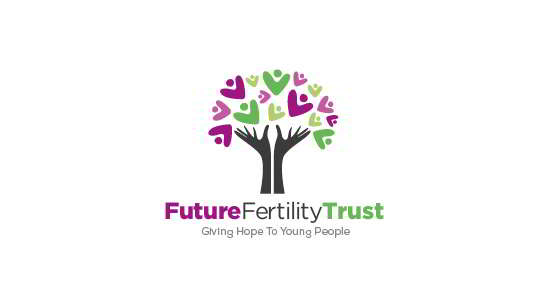

Survival rates for childhood cancer are one of the great success stories of modern medicine: today 80% of children will survive. However, treatment using chemotherapy or radiotherapy will leave one in eight child cancer survivors infertile.
As part of IVI’s commitment to the evolution of and social responsibility in reproductive medicine, we have donated £250,000 to the Oxford University Hospitals NHS Foundation Trust to support and expand the storing of ovarian and testicular tissue from children before they receive cancer treatment.
“We are delighted to receive this generous donation from IVI UK. At present tissue cryopreservation is not routinely funded by the NHS and so the donation will enable us to continue to offer this service to young people across England and Wales who are at high risk of infertility due to their cancer treatment.”
Dr. Sheila Lane, Consultant Oncologist from the John Radcliffe Hospital.
This clinical service provided by the NHS Trust and the Nuffield Department of Obstetrics & Gynaecology, University of Oxford, was founded in 2013 and was the first of its kind in England and Wales. It aims to give young people with cancer the option to have a family later in life.
The IVI Foundation is the non-profit research and development division of IVI. The foundation will be involved in a collaborative research programme with the Nuffield Department of Obstetrics and Gynaecology to extend understanding of and treatment for infertility. The pioneering research includes projects on ovarian follicle development and sperm stem cell activation.
Prof Antonio Pellicer, president of the IVI Group, said: “We hope that the donation will help to deliver this important service to young people with cancer. Alongside this, our Foundation will work with University Oxford on the basic science around restoring fertility to young people who undergo sterilising treatment for their cancer.”
About The Future Fertility Trust
The Future Fertility Trust, which was founded out of the clinical service, is a pioneering and innovative Charitable Fund dedicated to helping young people at risk of infertility. Set up by expert specialists from the Nuffield Department of Obstetrics & Gynaecology, the Institute of Research Studies at the University of Oxford and the Oxford University Hospitals NHS Foundation Trust, it gives young people access to the best possible fertility advice and preservation treatment.
Future Fertility offers a comprehensive tissue cryopreservation (freezing) service for girls and boys. The team at Oxford has been granted licences by the Human Tissue Authority and Human Fertility and Embryology Authority to collect, store and re-implant ovarian and testicular tissue.
How Can We Preserve The Fertility Of Young Patients?
Preserving the fertility of both boys and girls before they reach puberty involves freezing gonadal tissue.
For girls, the technique is called ovarian tissue cryopreservation; that is, the freezing of ovarian tissue containing thousands of immature eggs. The tissue is collected using keyhole surgery and stored at the Tissue Bank freezer. Very low temperatures (approximately -170ºC) are used for storage to best preserve the tissue and its hormone function. The tissue is later thawed and surgically returned to the area of the remaining ovary, where it re-establishes its own blood supply and starts to produce hormones, restoring fertility. This technique is still considered to be at the ‘experimental phase’, but its success rates are very promising and are very similar to other standard fertility treatments. It has been used for at least 15 years and over 80 successful births have been recorded.
In some cases, it is possible to use a technique known as Oocyte Maturation. This involves collecting the mature or almost mature eggs from the unstimulated ovary at the time of ovarian tissue cryopreservation and maturing them in vitro before freezing them.
The procedure for boys is known as Immature Testicular Tissue Cryopreservation. Although there is no sperm present before puberty, testicular tissue contains the stem cells that will produce sperm and these can be frozen and re-implanted later. Testicular tissue is also stored at the Oxford Tissue Cryopreservation Service. There have not yet been any live births from stored testicular tissue taken from boys before puberty because the donors are still too young. However, the experiments to date have been successful and scientist are confident this will be possible.
If you’d like more information, please visit the website for the Future Fertility Trust.




Comments are closed here.